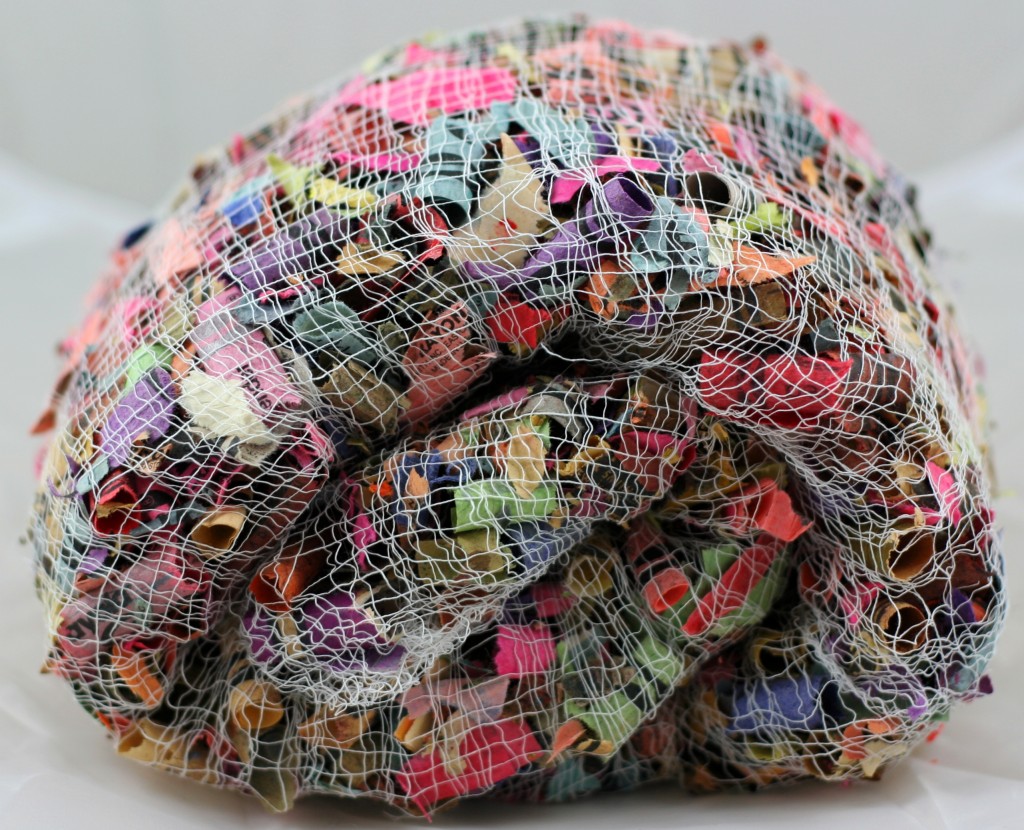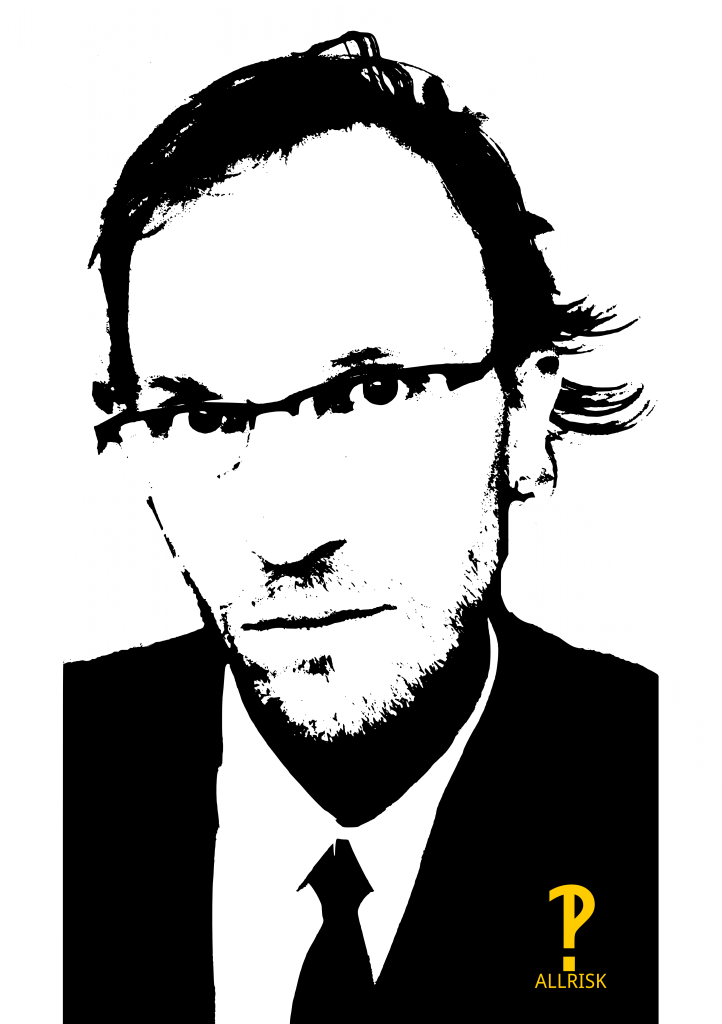MacGyvero (adj.) MacGyverismo (noun) is a portmanteau coined by Pete Ippel and Peter Roberge that aids English speakers in the United States to understand the Chicano concept of Rasquache, that is both functional in American-English and sounds like Spanish.
The intent of MacGyverismo is to create positive associations among Mexican-Americans (Chicanos), original problem solving, new methods, and creative thinking.
Ask an American-English native speaker to think of someone who did the most with the least in tough situations: MacGuyver, the pop culture reference of resourcefulness, comes up consistently…often with a half-smile of nostalgia.
The starting of a car with a cactus, a nickel, and a string may be a bit of hyperbole, and MacGyver has his fair share of parody…yet the general connotation is positive.
Why is that? Because the main actor is white? Because MacGyver isn’t poor or in a marginalized culture?
There is contradiction because when performed by a non-white American, innovative repairs are castigated by pejorative words such as ghetto, hack, and jury-rigged which often have a negative connotation.
MacGyverismo is functional in explaining a complex notion to someone who only has the capacity to describe objects with the aforementioned terms. MacGyverismo imbues an odd sense of respect to an oft-dismissed practice of solving problems with available materials…a key trait of artists in any culture.
Inspired by the exhibition at the DeYoung Museum in San Francisco, California entitled Chicano Visions




